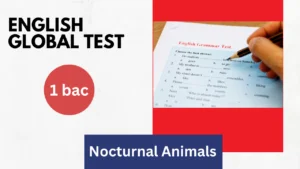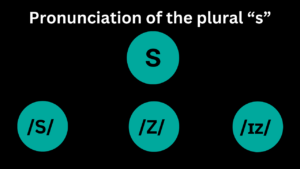
Basic note to remember about reported speech: major changes
When transforming a sentence from the direct to the indirect/reported speech, especially when the reporting verb is in the past, very important changes occur at the level of tenses and some expressions.The following tables illustrate these major changes.
A/ Changes that occur at the level of tenses
| TENSES | DIRECT SENTENCE | INDIRECT SENTENCE |
| Present Simple → Past Simple | She said, « I go home. » | She said (that) she went home. |
| Present Continuous → Past Continuous | She said, « I am going home. » | She said (that) she was going home. |
| Present Perfect → Past Perfect | She said, « I have gone home. » | She said (that) she had gone home |
| Past Simple → Past Perfect | She said, « I went home » | She said (that) she had gone home |
| Past Continuous → Past Perfect Continuous | She said, « I was going home. » | She said (that) she had been going home. |
| Past Perfect → Past Perfect | She said, « I had gone home. » | She said (that) she had gone home. |
| Simple Future (will → would) | She said, « I will go home. » | She said (that) she would go home. |
| Near Future (am/is→was) // (are → were) | She said, « I am going to go home. » | She said (that) she was going to go home. |
| Future Perfect ( will → would ) | She said, « I will have gone home. » | She said (that) she would have gone home. |
| Must/have to/can/may → had to/could/might) | She said, « I must/have to/can/may go home. » | She said (that) she had to/could/might go home. |
B/ Changes that occur at the level of some expressions
| Direct Form | Indirect Form |
| this | that |
| these | those |
| here | there |
| now | then |
| me | him/her |
| my | his/her |
| us | them |
| our | their |
| I | he/she |
| we | they |
| you | I / we/he/she/they |
| your | my/our/his/her/their |
| today | that day |
| tomorrow | the following day//the day after |
| yesterday | the previous day/the day before |
| next week | the following week/the week after |
| last week | the previous week/the week before |
| a year ago | a year before/the previous year |
| the day before yesterday | two days before |
| the day after tomorrow | In two days’ time/ two days after |






